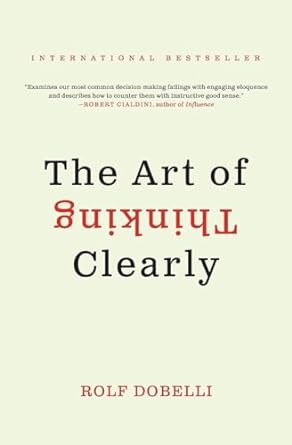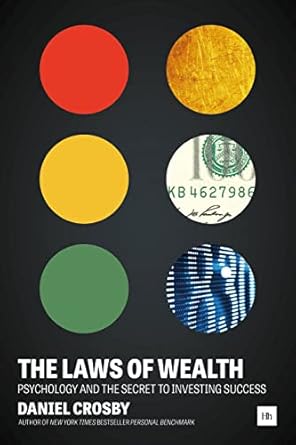Forer Effect
Describes the tendency of people to identify with universal descriptions, and believe they relate to them specifically. Also referred to as the Barnum Effect.
Key Insights & Principles
Cognitive Biases
Insights:- Humans have a tendency to look for information that confirms our existing beliefs (confirmation bias), and ignore information that doesn't conform with those beliefs.
- We tend to accept flattery or positive things about ourselves.
- We tend to try to pattern match or make sense of things, and one way to do that is to relate things to ourselves.
- Remain skeptical, and ask questions.





